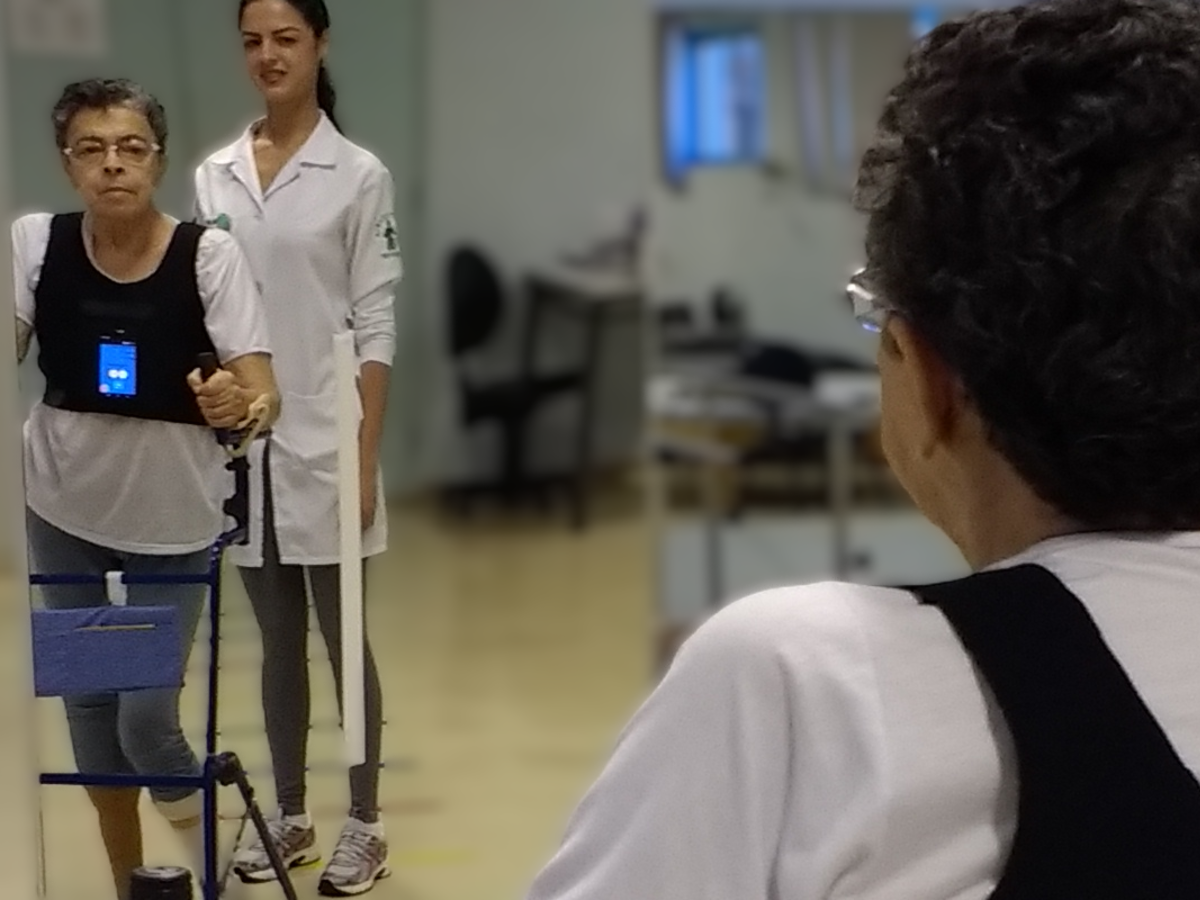JMIR Aging
Why publish with us?
You're a leader in using technological innovations and data science to transform health care for older adults. When you choose to publish with JMIR Aging, you're partnering with a journal dedicated to amplifying your impact:
-
Exceptional Reputation: Impact Factor (4.8) & CiteScore (6.6). Your research will be published in a journal with a strong and growing influence, evidenced by our Impact Factor of 4.8 (Clarivate, 2025) and CiteScore of 6.6 (Scopus, 2024), placing us in the 89th percentile (#39 of 376) as a Q1 journal in the field of Health (Social Science). This means your work gains significant visibility and credibility.
-
Targeted Focus on Digital Health & Aging: We are specifically dedicated to research on digital health, emerging technologies, health informatics applications, and patient education for preventative care, clinical care, home care, and self-management support for older adults. We also specialize in aging-focused big data analytics using diverse datasets like electronic health records, health insurance, and federal reimbursement data (e.g., U.S. Medicare and Medicaid). This ensures your work reaches the most relevant audience.
-
Broad Indexing for Maximum Discoverability: Your published articles will be widely discoverable through indexing in leading databases including PubMed, PubMed Central, MEDLINE, DOAJ, EBSCO/EBSCO Essentials, Scopus, and the Science Citation Index Expanded (Clarivate).
-
Rigorous Peer Review & Expert Editorial Leadership: Led by distinguished Editors-in-Chief, Yun Jiang, PhD, MS, RN, FAMIA (University of Michigan School of Nursing, USA), and Jinjiao Wang, PhD, RN, MPhil (University of Texas Health Science Center, USA), our robust peer-review process ensures the highest quality and scientific integrity for your submissions.
-
Commitment to Open Access: Your research will be freely accessible globally, ensuring maximum reach and accelerating the dissemination of vital knowledge. All articles undergo careful copyediting and are XML-tagged for submission to PubMed Central.
Stay Ahead: Get Journal Updates
Stay informed on the latest breakthroughs and publishing opportunities in digital health and aging. Sign up for our automated journal updates to receive:
Explore Our Top Articles

Understanding Older Adults’ Experiences With Technologies for Health Self-management: Interview Study
Background: Many older adults now use technologies such as wearable devices and telehealth services to support their health and well-being while living independently at home. However, older adults vary in how they use these technologies, and there is a lack of knowledge regarding the motivations that influence their acceptance and use of health-related technologies in home environments.

Exploring Older Adults’ Perspectives and Acceptance of AI-Driven Health Technologies: Qualitative Study
Background: Artificial intelligence (AI) is increasingly being applied in various health care services due to its enhanced efficiency and accuracy. As the population ages, AI-based health technologies could be a potent tool in older adults’ health care to address growing, complex, and challenging health needs. This study aimed to investigate perspectives on and acceptability of the use of AI-led health technologies among older adults and the potential challenges that they face in adopting them. The findings from this inquiry could inform the designing of more acceptable and user-friendly AI-based health technologies.

Wearable Smartphone-Based Multisensory Feedback System for Torso Posture Correction: Iterative Design and Within-Subjects Study
Background: The prevalence of stroke is high in both males and females, and it rises with age. Stroke often leads to sensor and motor issues, such as hemiparesis affecting one side of the body. Poststroke patients require torso stabilization exercises, but maintaining proper posture can be challenging due to their condition.
Hear From JMIR Aging Authors
The COVID-19 pandemic accelerated the adoption of digital health services, but how did this shift impact older adults from minoritized ethnic groups? This video features Nisar Ahmed from the University of Manchester, discussing his team's research on the experiences of older South Asian, Black African, and Caribbean individuals in England and Wales using digital primary care.
In this video, Xinxin Wang from Shanghai Jiao Tong University discusses a new study from a research team focused on understanding and measuring how well older adults can use digital tools for their health. The research details the development and rigorous testing of a new questionnaire designed to accurately assess older adults' digital health literacy in China. This reliable tool promises to help healthcare professionals create more effective and personalized ways to support the health needs of seniors in the digital age.


